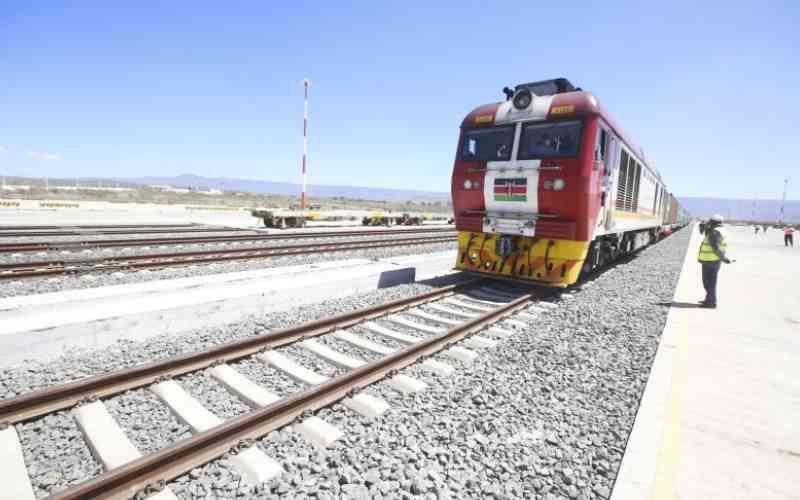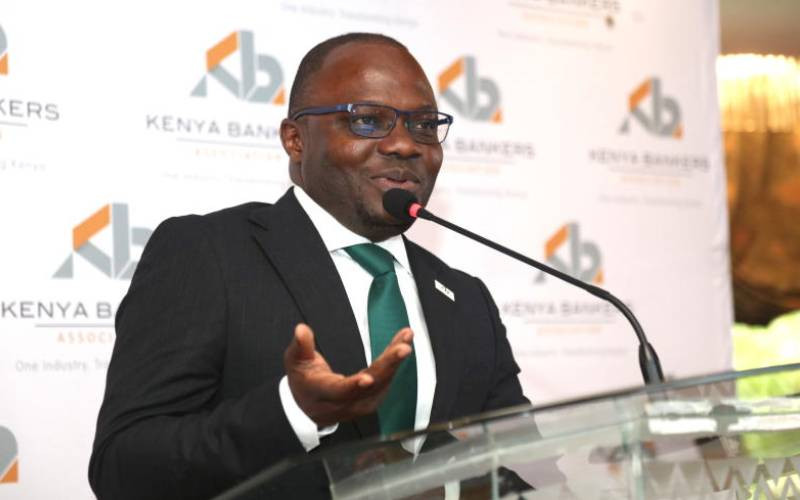×
The Standard e-Paper
Kenya’s Boldest Voice

Commercial banks continue to pile up record amounts of debt in risk-free bonds at the expense of lending to the private sector.
This works against the new Kenya Kwanza government's bid to free up credit to the private sector and individual borrowers.







